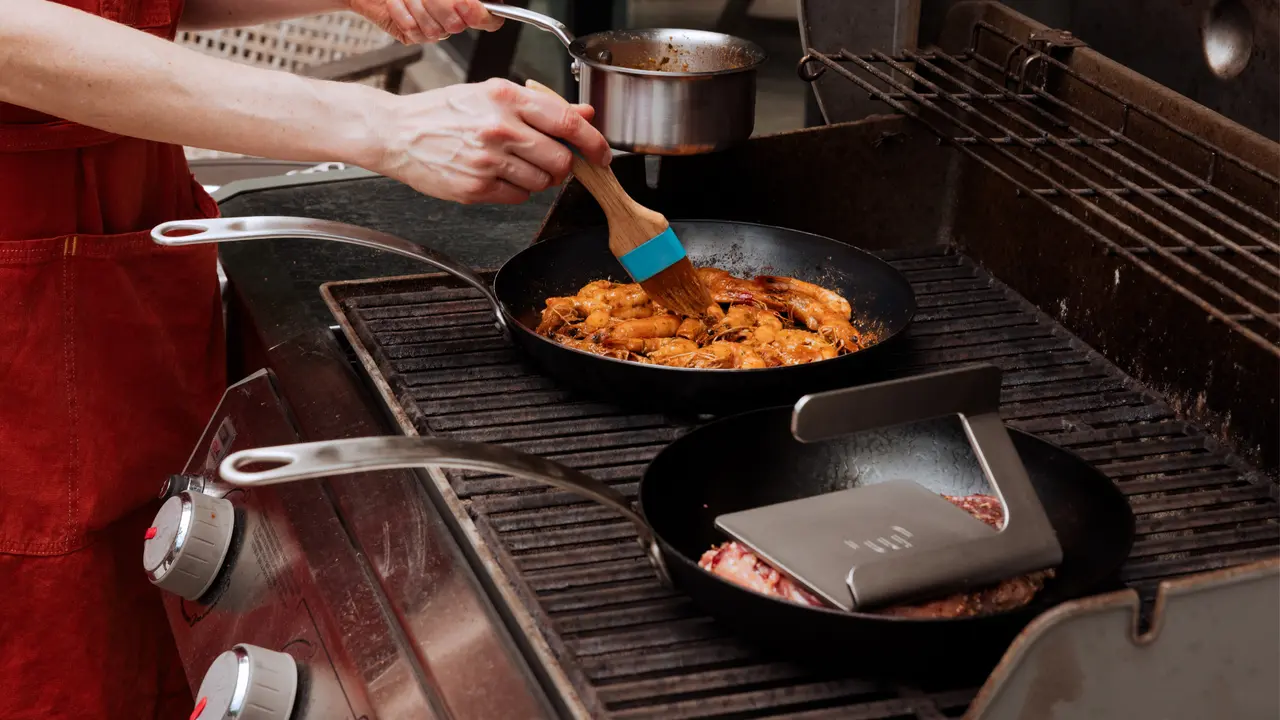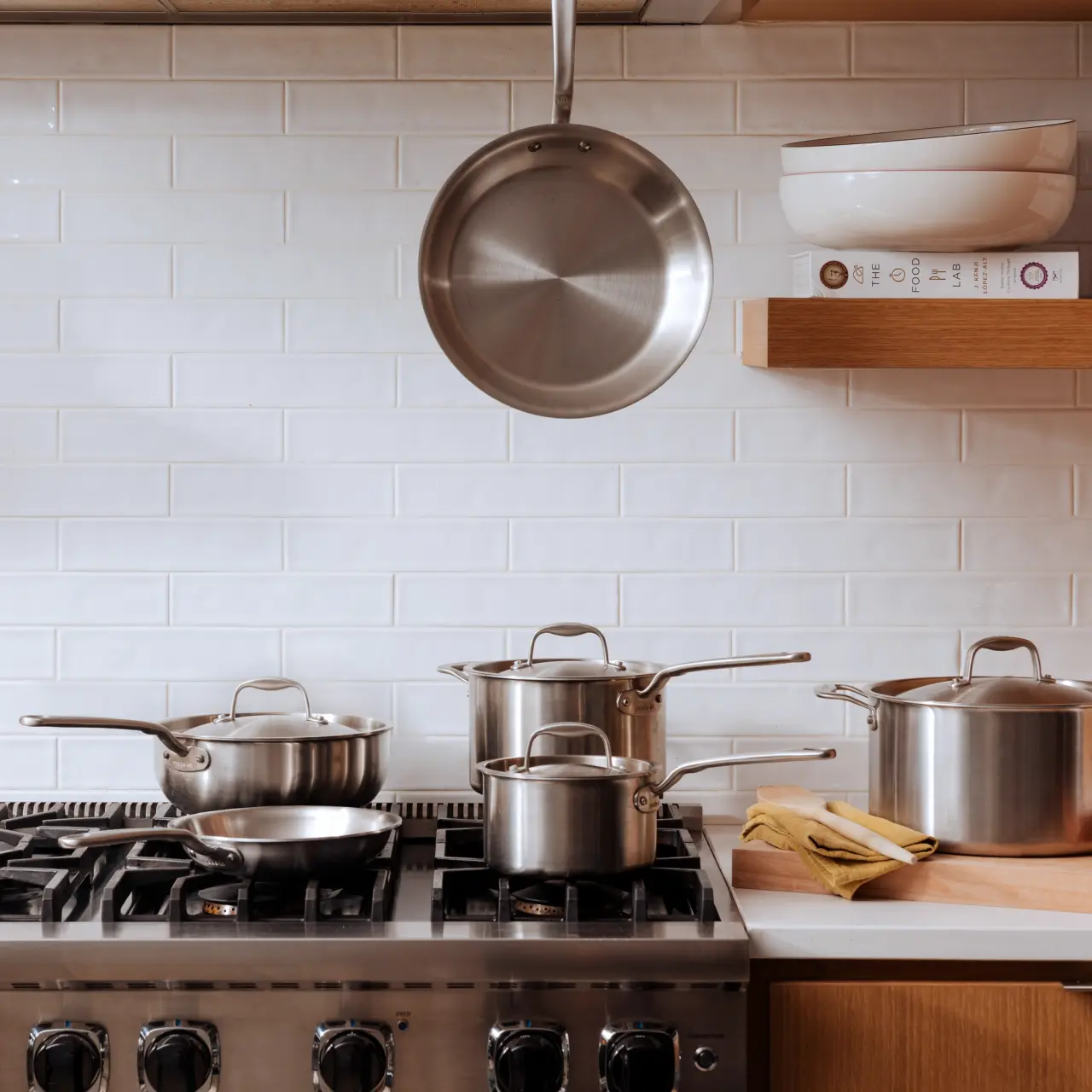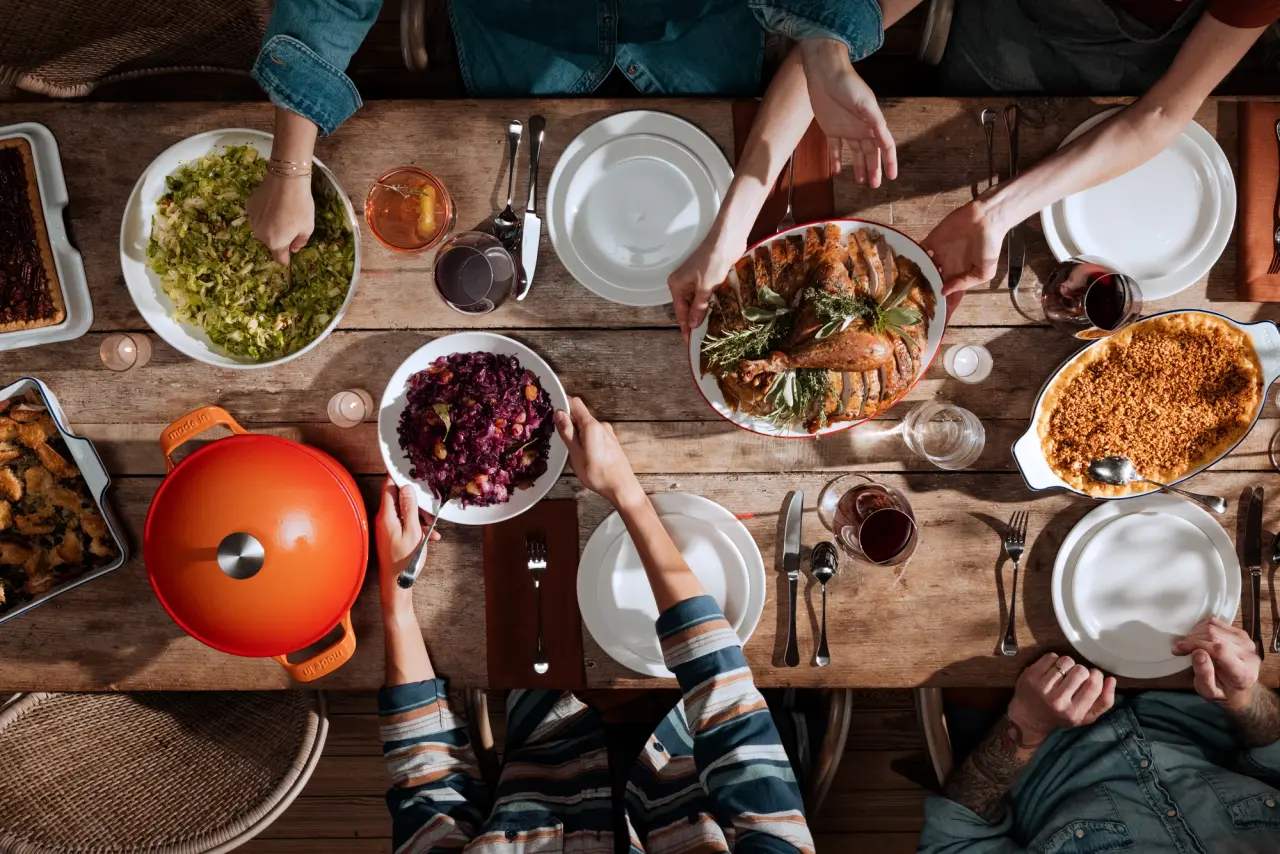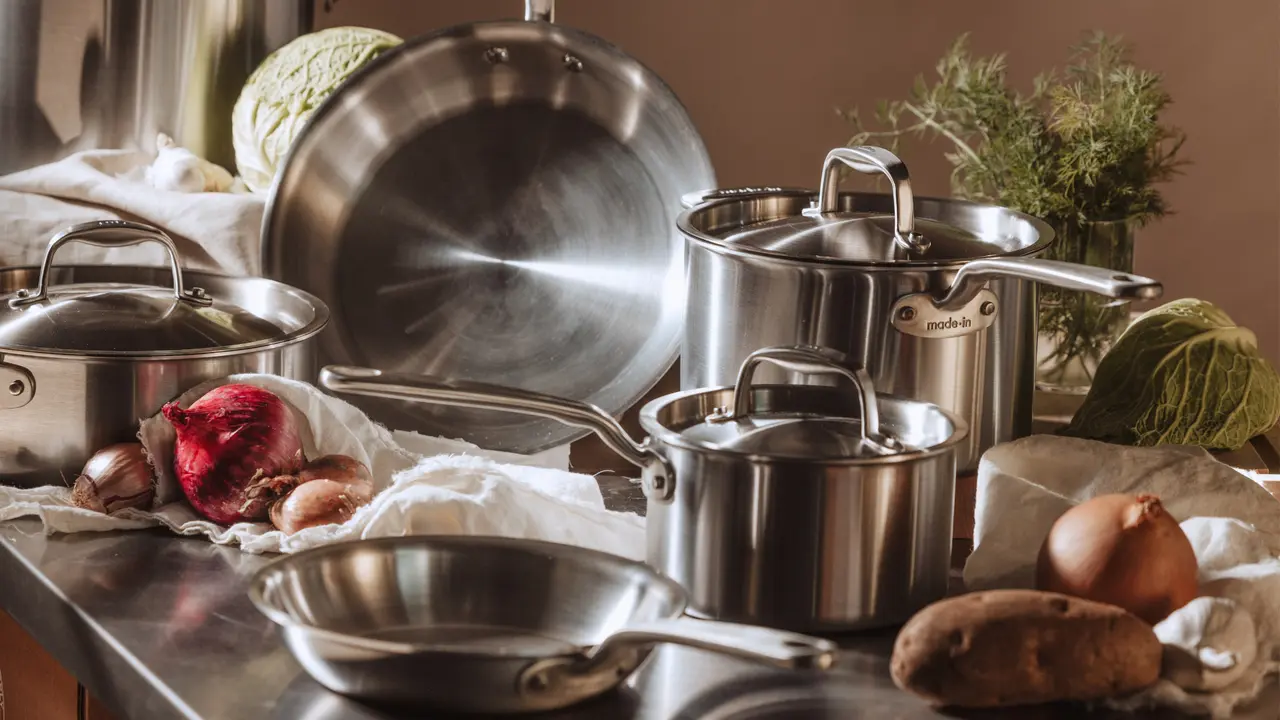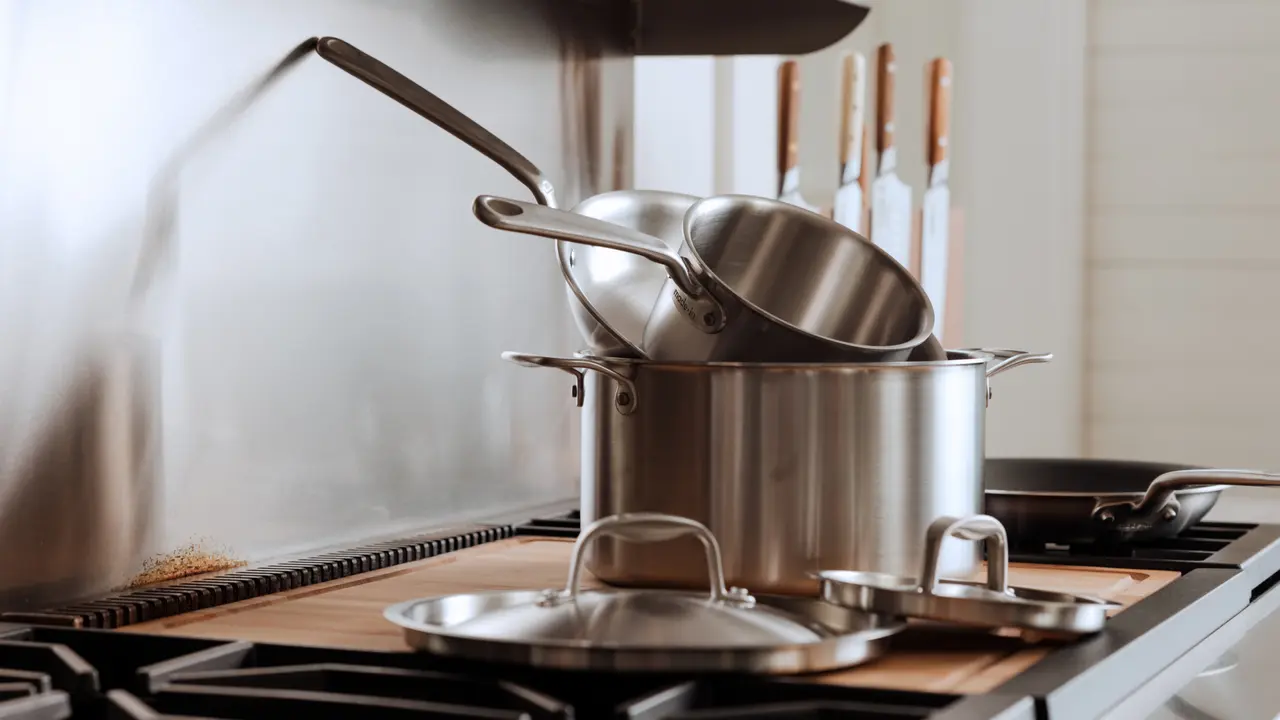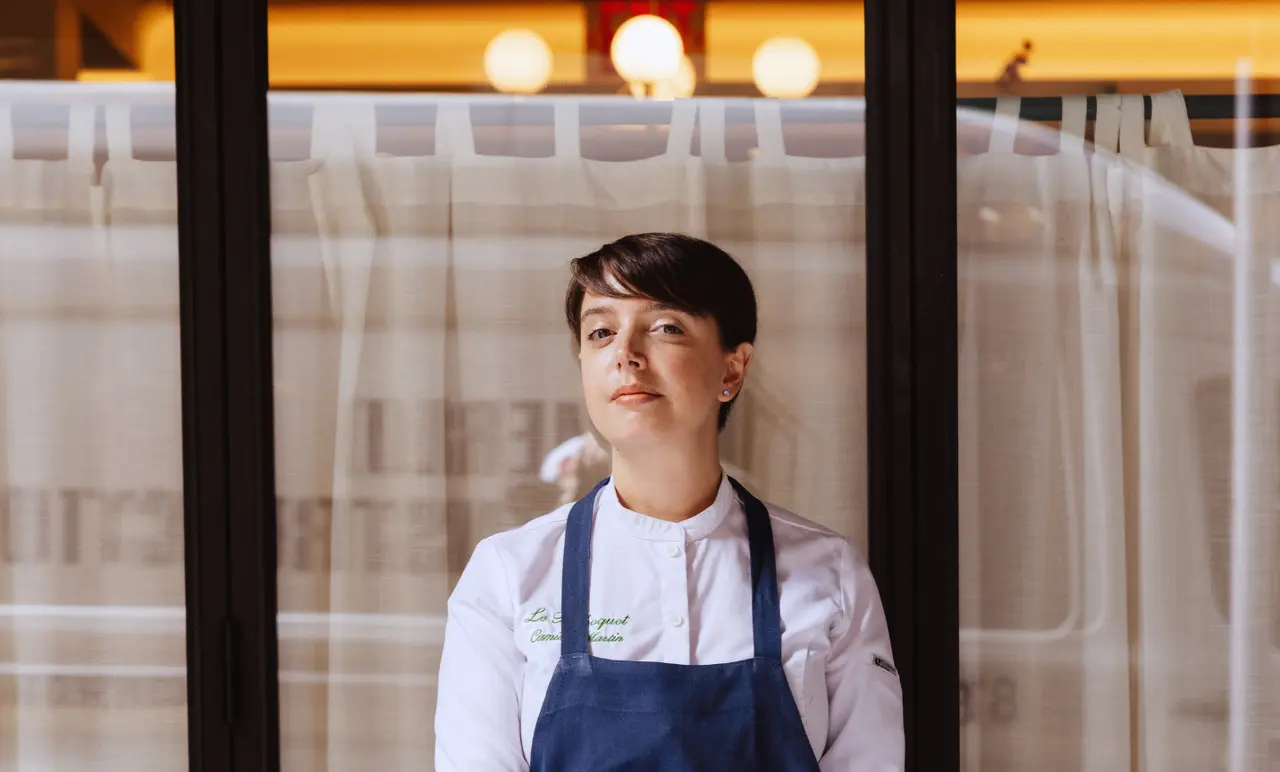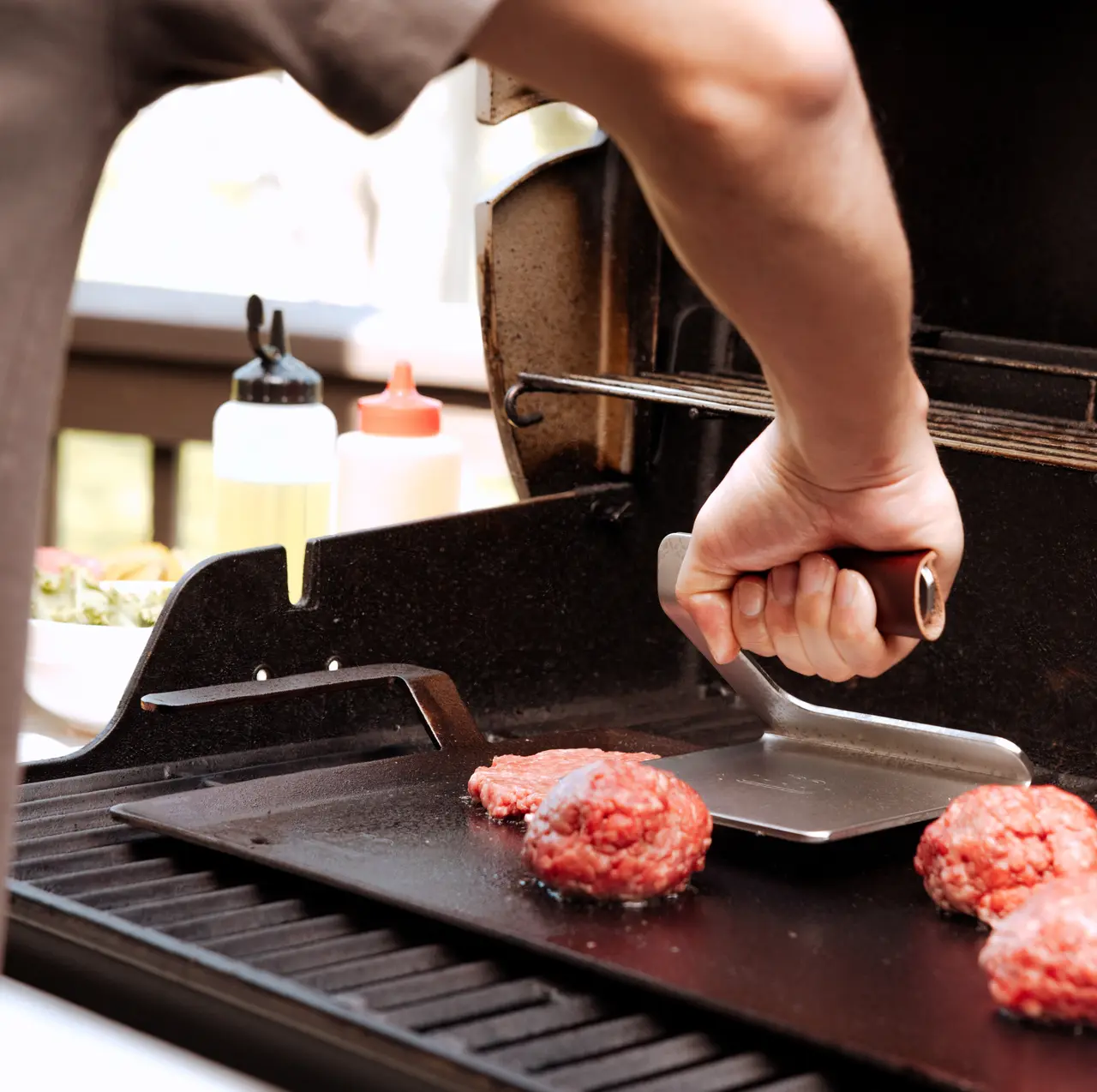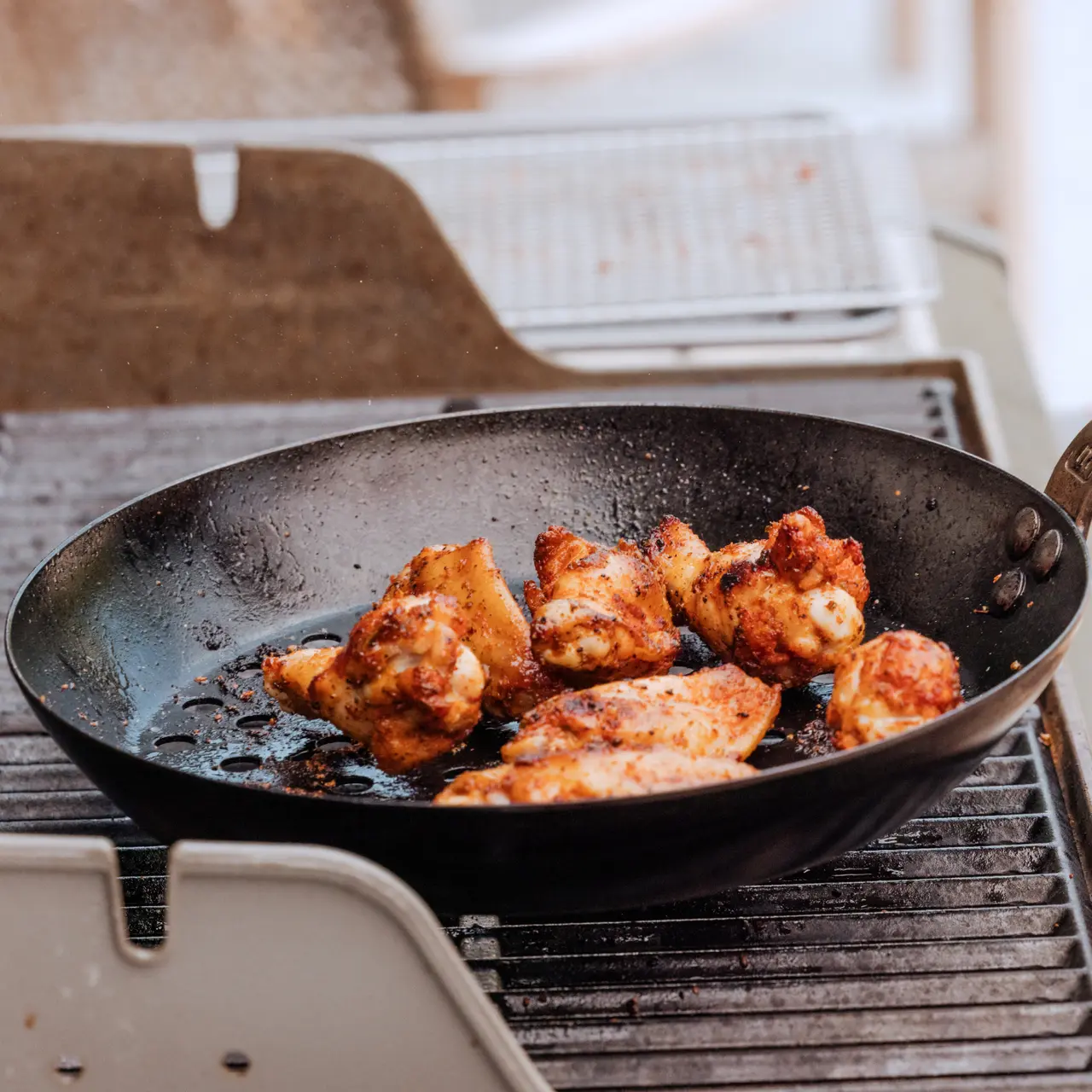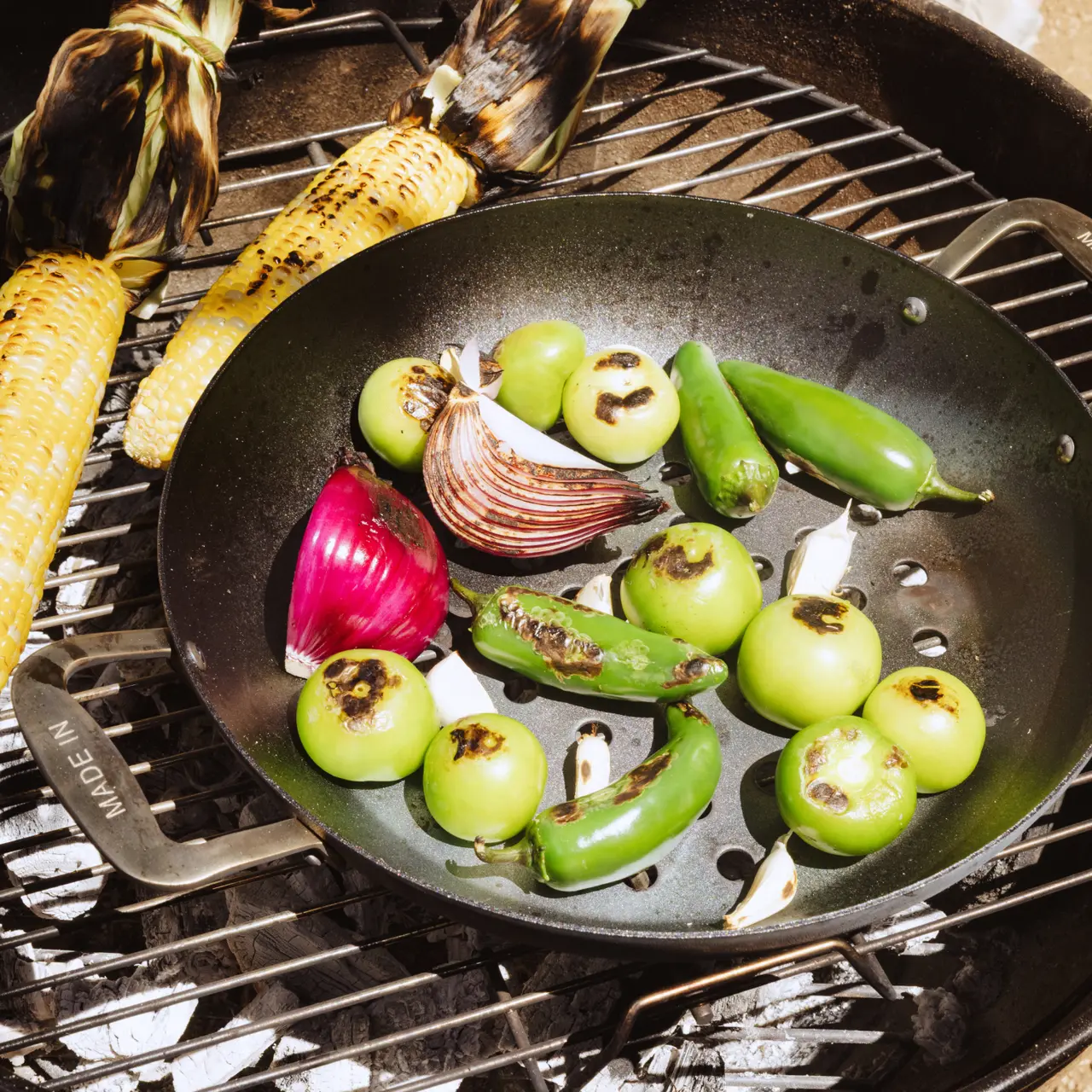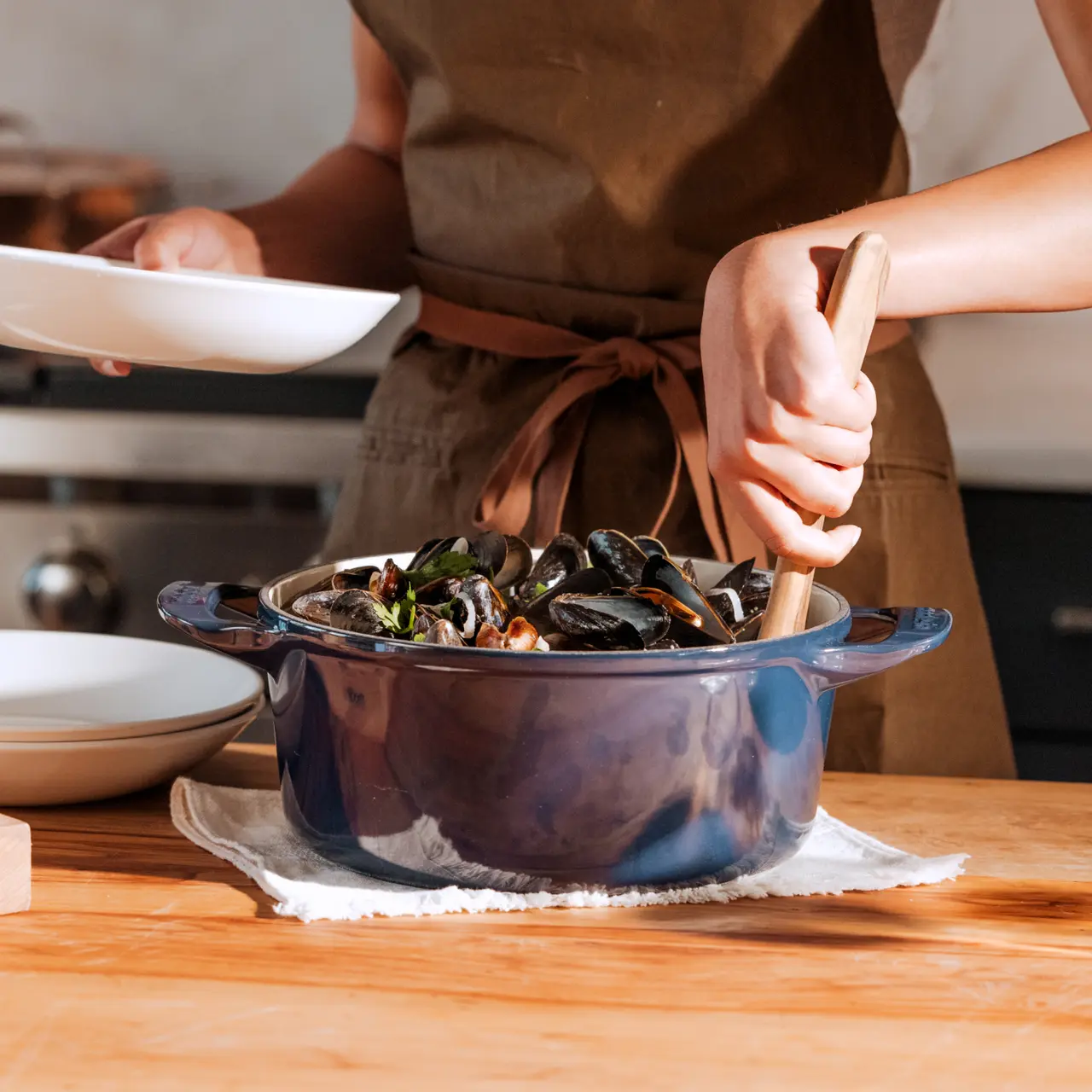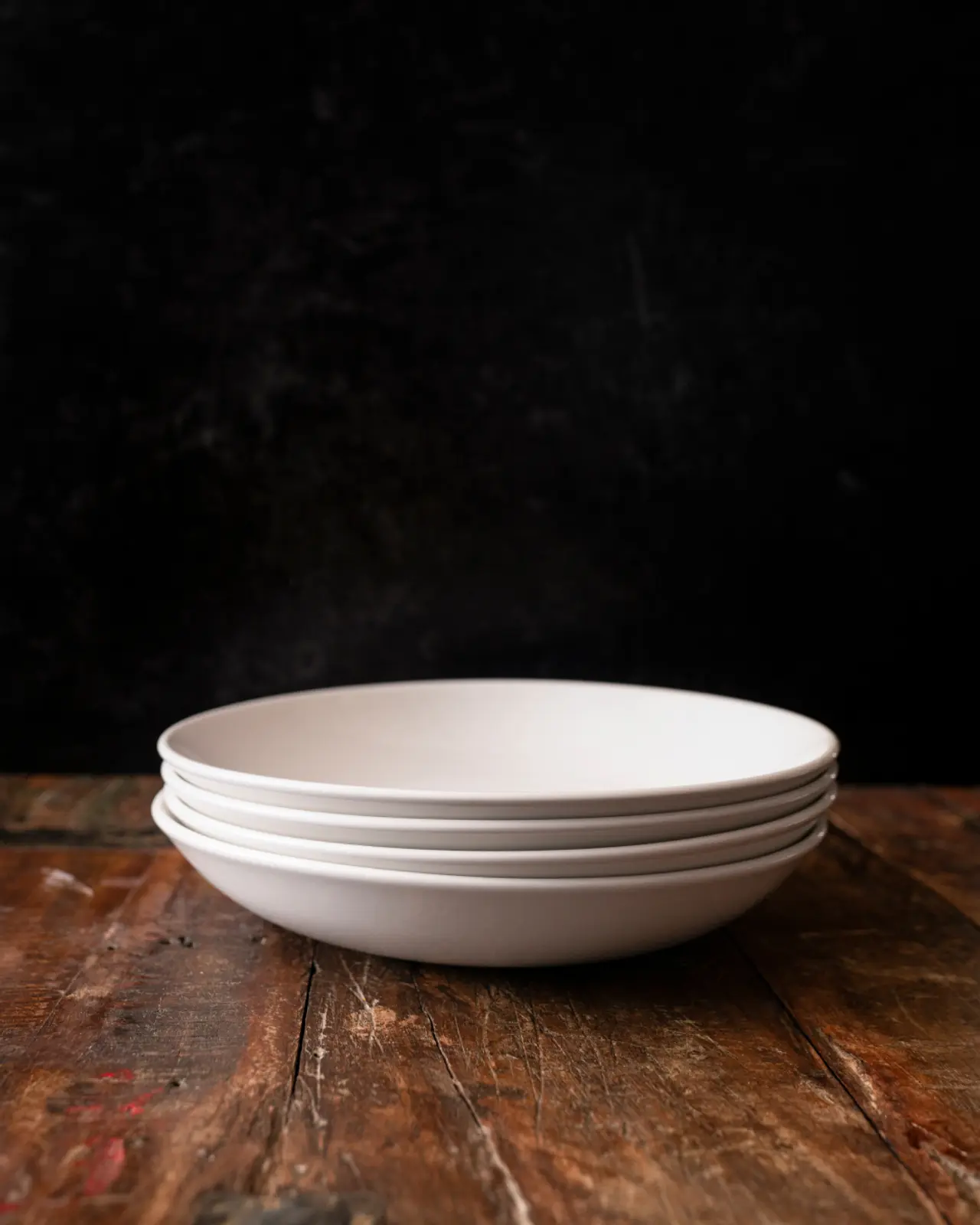“Woon is essentially a story about my mom that I've decided to share,” says Keegan Fong of Los Angeles’ Woon. A new father himself, family is deeply important to Fong and the inspiration behind nearly every aspect of his restaurant.
His mother, Julie Chen Fong, is a self-taught cook who was born in Shanghai, but grew up in Hong Kong. She immigrated to Los Angeles as a teenager and her mom mostly reheated frozen Marie Callender meals in an effort to assimilate. She soon learned how to cook for herself. That love of cooking continued as she had children of her own.
“All of my early memories growing up are of my mom in the kitchen. It was definitely the way she showed her love. She was always cooking for us, and then sitting there, watching us eat and making sure we ate more,” remembers Fong. In his white, conservative neighborhood of San Reno, his mom stood out because of her cooking.
“A lot of the parents didn't really cook. Some families had never experienced Chinese cooking. So my mom slowly became the neighborhood provider for food. All of my friends would come over and ask my mom to cook for them. That’s how she got the name ‘Mama Fong’.”
Fong remembers that the fridge would always be stocked with staples such as his mom’s cucumber tofu salad. The contrasting textures of the chewy tofu and crunchy cucumber made for a perfect snack. “It's one of my favorite dishes. And it was something that was healthy enough for us with kids. It was always in a Tupperware, so I could easily scoop some out, stuff my face, and put it back in the fridge,” he says.
Fong worked in the surf and skate industry after college, but lost interest after a number of years. In his spare time, he found himself drawn back to thinking about food. Despite having never worked in the food industry before, he dreamed of starting a restaurant, specifically a noodle shop, because his mom had always wanted to have one. Then finally one day, his uncle was hosting an event and needed a food vendor, so Fong asked him for 30 days to pull something together.
“I rallied my family. We all sat around the dining room table—my mom, my sister and my brother-in-law who's from Austria. And I was like, you guys in? They all said yes. We came up with a brand name and a logo. We made aprons, went down the checklist of what kitchen equipment we needed, and we bought ingredients. Then in September of 2014, we had our first popup. It was hugely successful. We sold out both days,” he says.
From there, Fong began hosting popups, navigating his schedule as he was still working full time. He partnered with some friends who had a studio in Koreatown and threw parties in the alley for several years until the space closed down. By that time, Fong was ready to pull the trigger on a store of his own. He signed the lease on a brick building in Los Angeles’ Historic Filipinotown in 2018 and opened in March of 2019. They had planned to have a massive one year anniversary party in March of 2020, but the same weekend, the city shut down.
“Honestly, during the pandemic, we were fortunate in many ways. Since I had a marketing background, I was able to build an online ordering site within a day and relied a lot on that to promote the business. We were also lucky that Chinese food is very take-out friendly,” says Fong.
Since Woon began its life as a pop-up, Fong started offering his space up to other chefs. It’s a win-win situation for everyone—his staff gets to work more hours and he gets to create a communal space for new businesses making their way to a brick and mortar. It’s a way for him to give back to the community that helped nurture his own business back in its early days.
The recipes at Woon are not the only thing that have remained the same from Fong’s childhood. He actually uses some of the same ingredients his mom used when she was cooking for him and his friends. The baked tofu in the cucumber tofu salad is something she used to buy when he was growing up. “She utilized it in so many different ways that it's kind of like my go-to,” says Fong. “It's the main tofu we use in our restaurant. We actually use three different tofus, but the baked one is definitely used most because it's so dynamic.”
Another example is Woon’s signature noodles. Fong has been eating the same brand his whole life and now works directly with the manufacturer to both use them in dishes and sell them in the store. “They’re technically soup noodles, but my mom loves the chewiness and the bite. She started using them in stir fry, and that's what makes it so unique—it's something that's supposed to be used for another purpose,” he says.
“The beauty of being able to work with the manufacturers now is that we can control how much bite we want. And when we get the raw noodles into the shop, we control how much we want to par-cook them.”
The ultimate goal, Fong says, is to sell the noodles completely raw so that people can par-cook them or not, playing around with different textures and applications to see how they want to use them. “I think that's kind of the next step,” he says. “We want to give people this experience outside of the four walls that we've constructed and bring it to people everywhere.”
Hero Image: Adam Amengual for Amadeus Magazine

